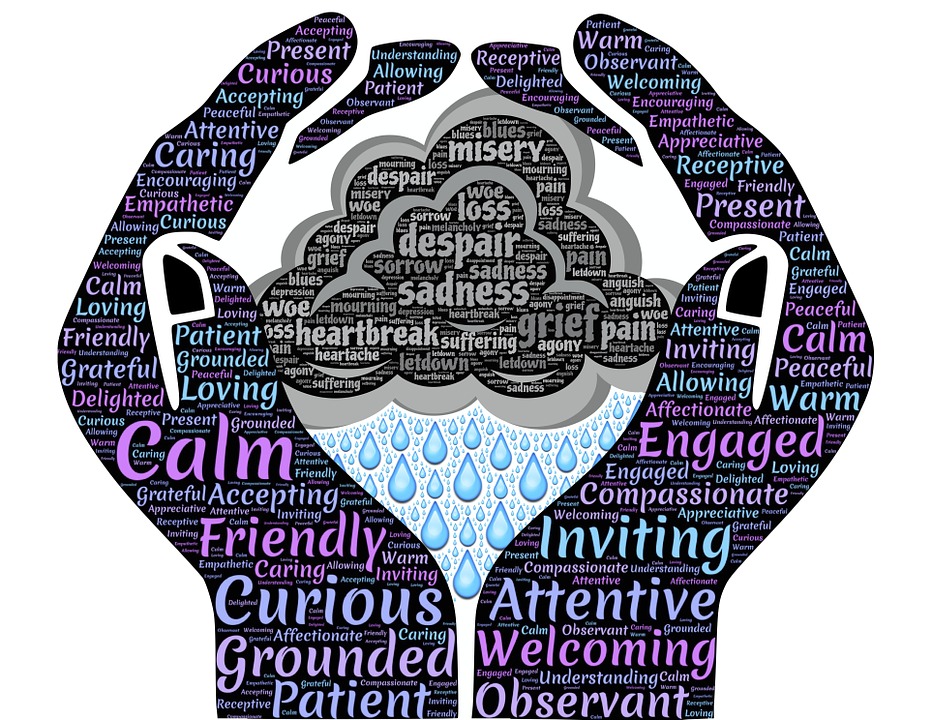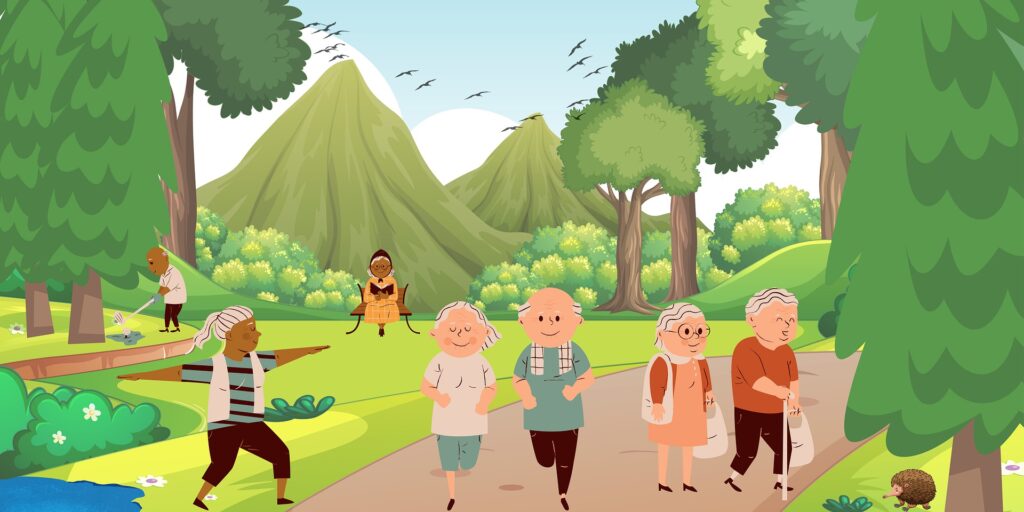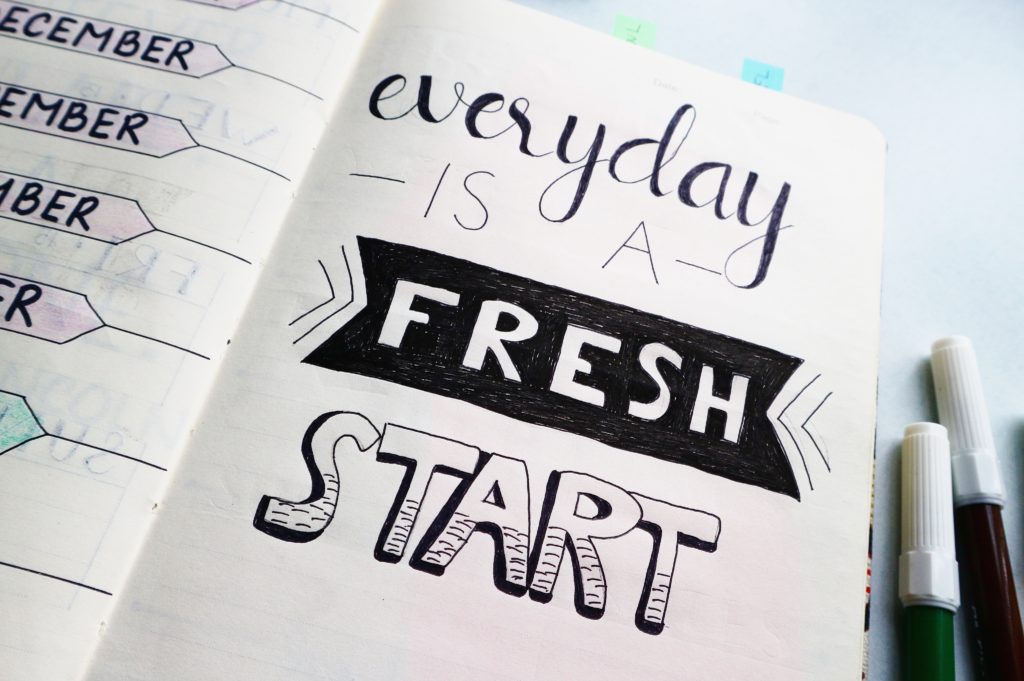Emergencies are sudden and uncontrollable. They can’t always be prevented, but having a plan to tackle them head-on can make a difference in the outcome. It is easy to forget the most well-known information in times of crisis. There are many ways to prepare for an unexpected situation, and creating a plan that is tailored to your specific needs is crucial. Let’s talk about different ways to prepare.
Keeping our medical records easily accessible in case of an emergency is vital but carrying them all the time can be impractical. The Rocky Mountain Multiple Sclerosis Center offers customized Multiple Sclerosis Identification Cards to individuals living with MS nationally. This card lists vital information, including the individual’s name, address, and emergency contact on one side and common MS symptoms on the back. This card may be useful in an emergency, as it can easily be stored in your wallet, your car, or your luggage and accessed in case of an emergency.
Keeping your emergency contact information at hand can also be done using your phone. You can set an emergency contact and list medical conditions through the Medical ID feature on your iPhone. This can help first responders access lifesaving medical information from the lock screen without needing your passcode. There are also options for other smartphones, such as Android.
For those of us with children, pets, and other loved ones we care for, an emergency can disrupt our schedules and impact those we love. Having a plan can ensure that they are taken care of while we are taking care of ourselves. Keep a record of your children’s school, teachers, extracurricular activities, and schedules. Provide a key to a trusted friend or relative to access your home if needed. Have the necessary supplies for your pets for a couple of weeks and make them easily accessible for friends and family who may be helping care for them.
Keep a packed bag with your essentials if you leave your home rapidly and unexpectedly. Keeping a sealed bag with a change of clothes, medication, and personal supplies may come in handy if you don’t have time to pack or your loved one needs to meet you at the hospital. I like including a comfort item that can bring me peace and comfort at a time of crisis, like a picture of a loved one or a small stuffed animal that has sentimental meaning.
For those who may need additional support at home, a medical alert system may provide the necessary protection to ensure someone responds in case of an emergency. These systems allow an individual to activate a device or press a button in the event of an emergency, and they are especially beneficial for those who live alone or have mobility difficulties.
Emergency planning is all about preparing for and responding to emergencies. Communicating with our loved ones about our needs and discussing their availability and willingness to help is vital to creating a reliable plan. Unexpected situations can be scary, but emergency preparedness can provide peace of mind knowing there is a plan for you and your loved ones.










